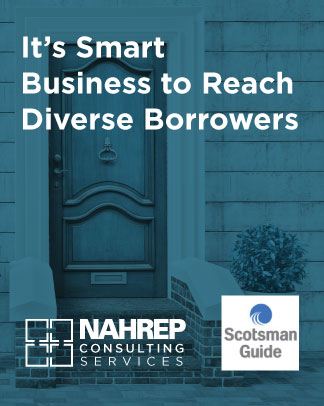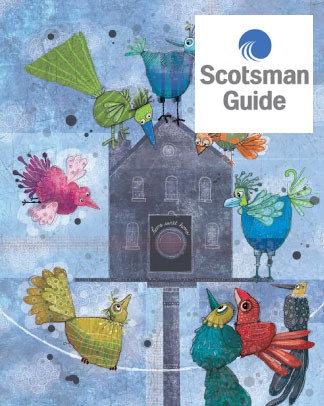I am a first generation Mexican American. My parents came to the U.S. in the 50s and technology (or lack thereof) kept them from staying in close contact with their loved ones back home. Without internet, cable, cell phones, or FaceTime, they had no choice but to assimilate into their new environment. However, they managed to hold on to their language, traditions and ingrained cultural perspectives that they, in turn, passed on to their children.
As the youngest of four, by the time I was born, we spoke mostly English at home and moved from the city to the white picket-fenced suburbs. Yet, somehow, my siblings and I always felt different. Perhaps it was the food we ate, the traditions we kept, the music we listened to, or the relatives that came to visit who didn’t speak English.
Many children of immigrant parents relate to the trials and tribulations of the immigrant experience. We also acknowledge the great sacrifices our parents made for us and have a sense of obligation to make it all worth it. We also know the pressure that comes from that dynamic. We are often the first to graduate high school, go to college and pursue professional careers. Trailblazing has its ups but, it’s sometimes difficult to get the support, understanding or advice from our own family not because they don’t want to, but because they never did what their children aspire to do.
It wasn’t until many years after college and well into my career that I saw how my diverse background proved to be one of my greatest assets as a business leader. As I’ve experienced them, these advantages are:
1) Embrace your uniqueness: Know what makes you different and learn to love it. As I started my career in financial services, I found a natural market with Latinos. No one else was talking to them about finances. Over time, that parlayed into a marketing career and today I’m President of NAHREP Consulting Services, a marketing consulting agency specializing in the Latino and Housing Market. I literally made a career from my pride, passion and knowledge of the Latino market.
2) Diversity leads to new ways of doing old tasks: People see problems and solutions from different perspectives. Research shows that diverse teams in organizations often do better than the best individuals because diverse perspectives lead to innovative problem solving.
3) Raise your hand: At times our diversity can prevent us from raising our hands and stepping forward with our ideas and solutions. Sheryl Sandberg, COO of Facebook and author of “Lean In” had many great stories of how women can succeed in the workplace. Of all her anecdotes, I loved the one about ‘speaking your truth’. In it, she talks about how Robert Rubin, former presidential cabinet member and banking executive, sought advice from people who have fresh perspectives rather than deep experience.
4) Cross over: My father was a genius. He was proud about being Mexican but he never alienated anyone one who wasn’t. He was loved and respected by non-Latinos because, for example, he invited them into his home as a guest to experience his culture and enjoy his favorite foods. He was a champion to his Latino friends by teaching them things he felt they needed to do to be successful in America. Crossing over is a great way to bridge gaps and to be an agent of social change.
5) Pay it forward: I relish opportunities where I can be a mentor for someone else. This is probably fueled by the fact that, as I was growing in my professional career, I yearned the sage advice of a mentor who shared some of my cultural experiences, to guide me and even push me outside of my comfort zone. I feel a great sense of responsibility to help guide others like me, so that they can learn from my experiences.
I also suggest involvement in organizations like the National Association of Hispanic Real Estate Professionals (NAHREP) which provides many opportunities to learn and master business skills, in addition to innumerable opportunities to be a mentor.
Your diversity need not be defined by your ethnicity or race. I come across so many women with wonderful stories of their own diversity; the woman veteran who can speak to the challenge of being deployed and separated from family but through her experience has become an expert communicator, staying connected to loved ones even from afar. The woman who takes care of her aging parent while managing a full household and becomes a master of multitasking. The woman who has dyslexia and through compensating for her perceived impediment, mastered the art of conversation and became a top sales leader. In my experience, being a first generation Mexican American led to great opportunities where I could parlay my cultural diversity into a great career in housing.
Whatever your diversity, make it work for you.






